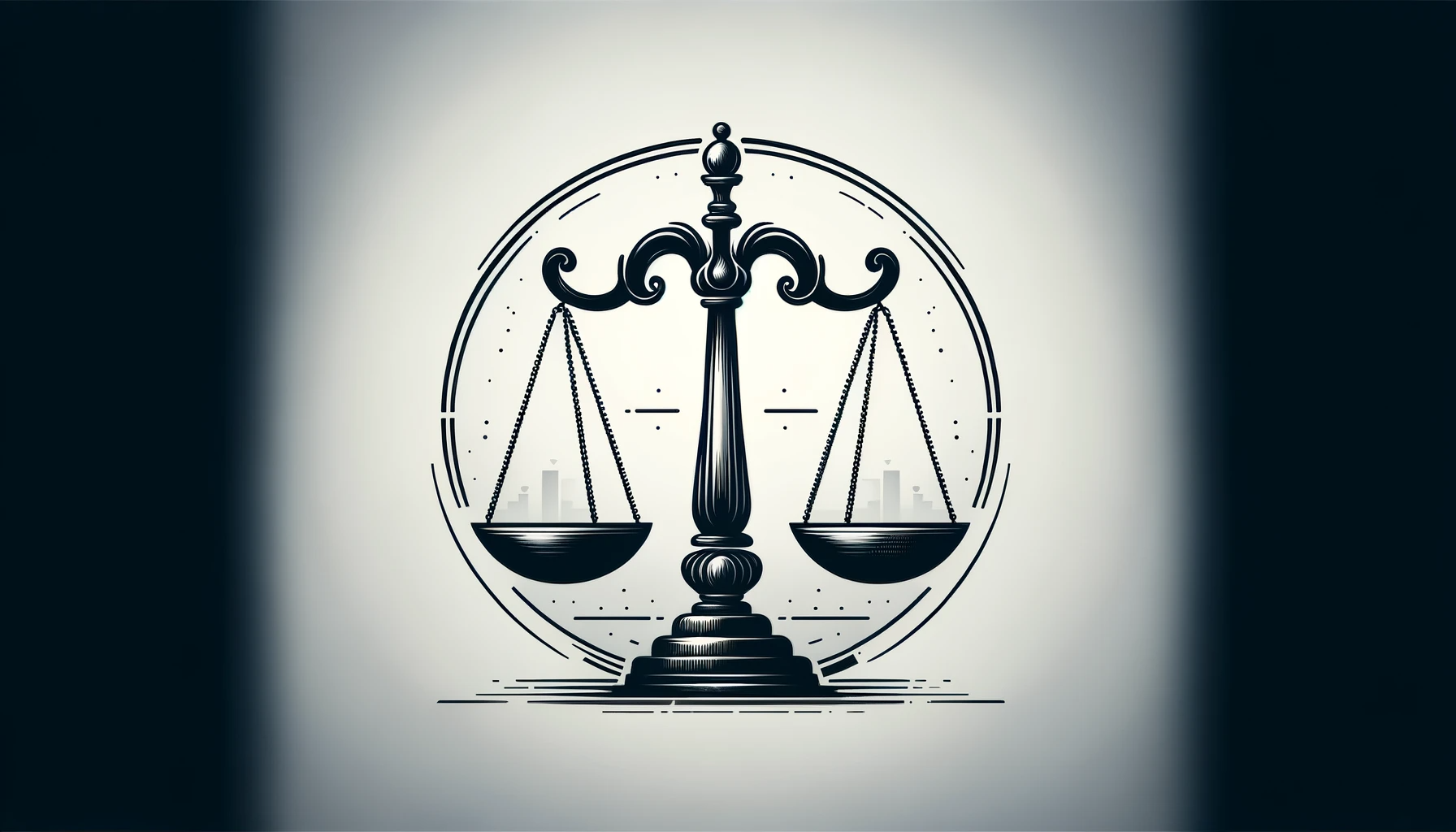Using the Discovery Rules to WIN Your Case
Introduction to the Burden of Proof
reason behind this is rooted in a fundamental principle of law: the burden of proof lies with the state. This concept is crucial for anyone stepping into a courtroom, especially those facing charges.Presumption of Innocence When you enter a courtroom, it's important to remember that you are presumed innocent. This presumption is a cornerstone of the legal system. It means that the state is required to prove each element of the charges against you beyond a reasonable doubt. As the defendant, you are not obligated to prove your innocence.
Gathering Evidence: The Attorney’s Role Understanding the burden of proof leads to a proactive approach in defense strategy. This is why I make it a point to gather all possible evidence, including officer's notes, witness statements, and videos. It’s essential for my clients to have access to everything that could be used against them in court.
Accessibility and Diligence in Evidence Collection Accessibility to this evidence can vary. When it's readily available, we seize the opportunity to review it thoroughly. However, there are instances when certain pieces of evidence are not easily accessible. In such situations, it becomes my responsibility to work diligently to obtain this information. It's a crucial part of ensuring that my clients are fully aware of all the evidence that might be used against them.
Leveraging Discovery to Your Benefit
The concept of discovery in legal proceedings is not just a procedural formality; it's a strategic advantage for defendants. Understanding this aspect of the legal process is crucial for anyone preparing for a courtroom battle.Mandatory Disclosure by the State One of the most significant aspects of discovery is that the state is obliged to provide you with all the evidence they plan to use against you. This isn't just a courtesy; it's a legal requirement. The disclosure of evidence includes everything from witness statements to video recordings and other pertinent documents.
Preparation and Strategy This mandatory sharing of information offers a substantial benefit. As a defendant, knowing what the state will present in court allows you to prepare adequately. You won’t be caught off guard; instead, you’ll have the opportunity to formulate a counter-strategy, understand the strengths and weaknesses of your case, and consult with your legal team on the best course of action.
The Psychological Edge in the Courtroom Walking into a courtroom with prior knowledge of the state's evidence provides not just a legal advantage but a psychological one as well. Being informed and prepared reduces anxiety and increases confidence. This level of preparedness can significantly impact how you present yourself in court and, consequently, the outcome of the case.
Understanding the Verdict: Not Guilty vs. Innocent

The State’s Responsibility to Prove Guilt The onus is entirely on the state to prove that a defendant is guilty. This is a tall order, as they must establish guilt beyond a reasonable doubt for each charge. The idea that a defendant must prove their innocence is a common misconception. In reality, it's the complete opposite; the state must prove your guilt.
Empowering Defendants with Legal Knowledge
Understanding this aspect of the legal system is empowering for defendants. It underscores the importance of a robust defense strategy focused on challenging the state's ability to meet its burden of proof. Rather than attempting to prove innocence, the defense can concentrate on poking holes in the prosecution's case.Collaboration with Your Attorney This knowledge is not just theoretical; it plays a practical role in preparing your defense. Working closely with your attorney, you can strategize ways to counter the prosecution's arguments effectively. Knowing that the burden of proof lies with the state can guide your defense tactics, helping you and your attorney build a stronger case.
Conclusion: The Importance of Legal Guidance Finally, remember that navigating the complexities of the legal system, especially the nuances of proving guilt, is challenging. That's where experienced legal counsel comes in. As an attorney, my role is to guide, inform, and represent you throughout this process, ensuring that your rights are protected and your case is presented effectively.
Click here to contact Goolsby Law for assistance.

